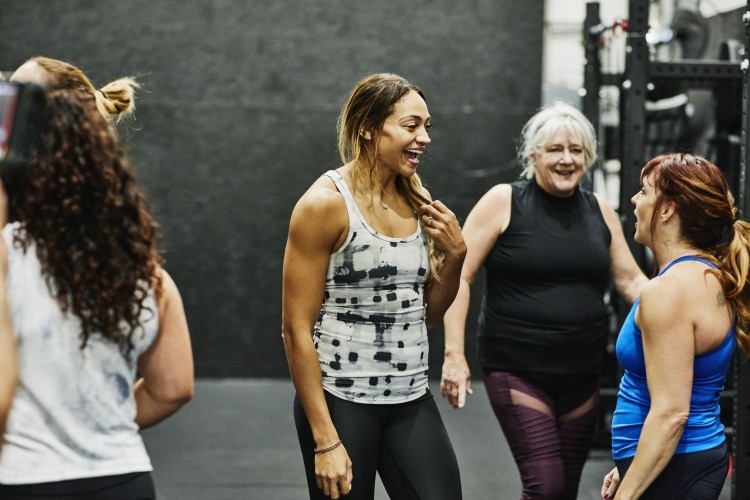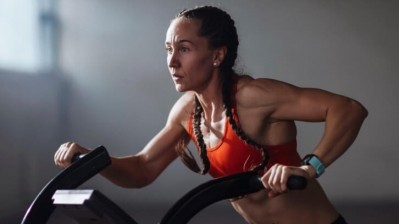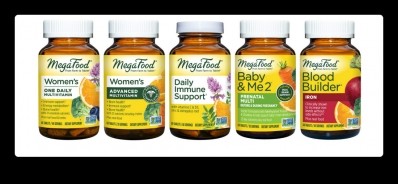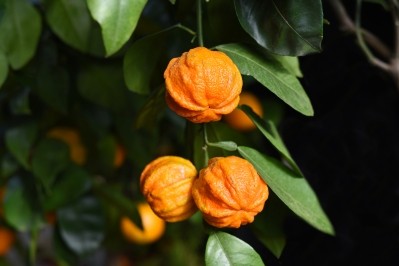Sports nutrition supplementation for the active female: “We need data to support any claims”

“I would say that the market is in part shifting away from ‘pink it and shrink it’ but more in words than deeds,” Dr. Sue Kleiner, owner of High Performance Nutrition, told NutraIngredients-USA.
“In other words, [brands] are starting to get the text and messaging right, even the visual imagery is so much better, but still very little data behind what they’re selling. Some ingredients have data, and some have consensus that they’re important for women, but no data on their product.”
Filling the research gap
A recent review showed that only 6% of mainstream sport and exercise science research was conducted using female-only participants, but the body of research is growing despite the disparity in funding, said Abbie Smith-Ryan, professor and researcher in the Department of Exercise & Sport Science at the University of North Carolina Chapel Hill.
“There is not only an increase in actual research in active women but also more awareness and attention being brought to the need for research in this area,” she told NutraIngredients-USA.
“Organizations, scientists and people are recognizing that women have unique physiological considerations that need to be evaluated.”
In addition to the research produced by her own applied physiology lab, she highlights the studies carried out the Wu Tsai Human Performance Alliance led by Kathryn Ackerman, the research of Australian sports dietician Louise Burke, and the work out of Liverpool John Moores University on the nutritional requirements of female soccer players in the UK.
And the recent Nutrition for Female Athletes special edition published in the European Journal of Sport Science showcases current knowledge and practice in women’s sports nutrition. Hot topics include dietary and hydration requirements, low energy availability and making weight, and dietary supplements and gut health.
Diana Morgan, founder of the dietary supplement networking group What’s Up with SUPPS, commented that there is “real science on how women's bodies metabolize and utilize ingredients differently from men”, which can be used by products to support their for-women claims.
“One of the elements of claim substantiation (provided by FDA and FTC) is using science for your target population. If your target population is women, ensure you have science that studies women,” she told NutraIngredients-USA.
Fueling the active female
Kleiner explained that for very active females, there are often minimal differences in fueling compared to males, with dosing adjusted for body weight but not for gender.
“There isn’t anything earth-shaking here,” she said of active women’s nutrient needs. She listed energy, protein, carbohydrates, healthy fats “all timed well”, as well as iron, creatine, vitamin D, calcium, riboflavin, B12, choline “all particularly important for vegetarians and vegans”, all the anti-inflammatory nutrients and targeted ergogenic aids.
“But timing may be different, easy to digest may be different, so we need data to support any claims, which we really don’t have in any significant amount,” Kleiner added. “If we find it’s no different, then great, that’s easy."
Morgan noted that nutrient needs depend on a host of factors from gender and life stage to physical activity level, diet and genetics.
“Is the woman pregnant or thinking of becoming pregnant in the next few years? Pre-menopausal, post-menopausal? Depending on these stages, she will require different nutrients,” she explained. Iron needs, for example, drop significantly after a woman stops menstruating or must be supplemented in athletes following restrictive diets.
Both Kleiner and Morgan draw attention to the emerging evidence of the significant role probiotics play in supporting women’s health.
The importance of timing
In her research, Smith-Ryan has focused on the sex-based differences between men and women that may influence nutrition and dietary supplement recommendations, particularly hormonal fluctuations throughout the menstrual cycle and a woman’s lifespan.
“Menstrual and menopause-related hormonal changes are important considerations for women who exercise as they may influence primary energy sources, performance and recovery,” stated a recent study on which she was co-author.
“Over the course of the menstrual cycle, it is important to note that women may have different caloric and macronutrient needs due to fluctuations in sex hormones, substrate reliance and increased energy demand during exercise.”
The study highlights estrogen’s potential function as a master regulator of bioenergetic systems and body composition, introduces the dietary supplements that may be particularly important for the active woman (beta-alanine, caffeine, creatine monohydrate, omega 3, probiotics, protein, vitamins and minerals), and calls for more research.
A market for female-specific supplements
Smith-Ryan adds that women are the largest consumers of dietary supplements (77% according to 2020 data from the Council on Responsible Nutrition), “so the industry would be crazy not to cater to their largest buyer.”
And the market is there, believe nutrition-savvy and performance-driven investors. One of Serena Williams’ first investments after announcing her retirement from tennis at age 40: clinically-backed vegan menopause supplement brand WILE, which aims to shift hormonal stigmas and empower women.
“It’s astonishing that the market and medicine have ignored 50% of the population in the prime of their lives and frankly, their earning power,” Williams said upon announcing her investment.
“It’s rare to see an area of opportunity this vast, this underserved, and this obvious. As an investor, we see this as a chance to support change in the culture with products women simply need.”
















